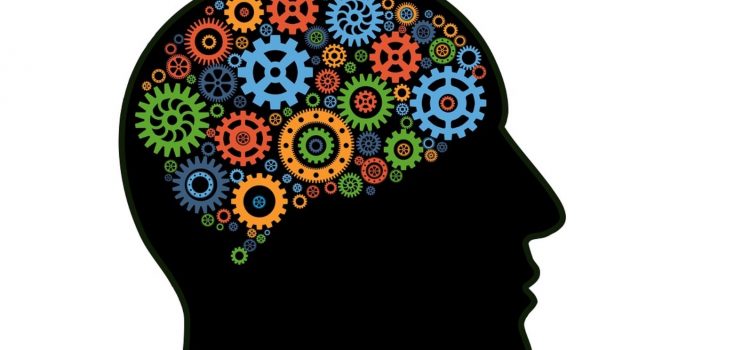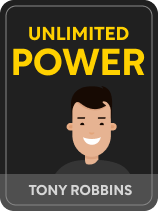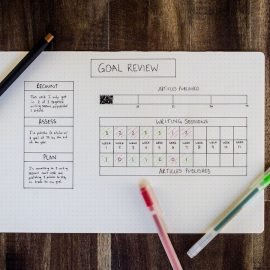

This article is an excerpt from the Shortform book guide to "Unlimited Power" by Tony Robbins. Shortform has the world's best summaries and analyses of books you should be reading.
Like this article? Sign up for a free trial here.
What is NLP (neuro-linguistic programming)? How can the NLP method help you reprogram your mind for success?
Neuro-linguistic programming is a set of techniques aimed at changing one’s behavioral patterns or thinking processes. It is premised on the principle of modeling: You copy what somebody else does to achieve the desired result.
Keep reading to learn about the power of NLP, according to Tony Robbins.
Reprogram Your Mind
Robbins says that all people’s nervous systems—meaning both the brain and the body—work in more or less the same way. Nervous systems are like computers all using the same operating system. Therefore, whatever one person can do, any person can do; it’s just a matter of running the right mental “programs.” This theory is known as NLP (neuro-linguistic programming).
Robbins believes that NLP provides a method to accomplish anything you can imagine. Furthermore, because people’s minds all work with the same programming, you can figure out which programs to run by observing and imitating people who have already done what you’re trying to do.
For example, someone who wants to become a better martial artist might study Bruce Lee: how he moves, how and when he strikes, and even how he breathes during a fight. Robbins calls this process modeling.
| From Neuro-Linguistic Programming to Neuro-Associative Conditioning Unlimited Power was published in 1986. Since then, numerous studies on NLP have failed to produce consistent results, and it’s now considered to be pseudoscience by the scientific community. Even Robbins himself has moved away from using the term neuro-linguistic programming—in his 1991 book Awaken the Giant Within, Robbins still argues that you can change your habitual thought patterns, but he refines the concept and begins calling it neuro-associative conditioning (NAC) instead. NAC recognizes that people’s habits and thought patterns physically change their brains, making them work differently. Therefore, NAC is less about finding the right “programs” to run, and more about deliberately rewiring your brain. You can do this by disrupting harmful thought patterns and replacing them with constructive ones. |
However, there’s more to NLP than just copying the person’s physical actions. Robbins says you have to copy that person’s mental state, intentions, beliefs, and values. If you want to achieve what someone else has achieved, then you must—at least for a short while—think and act exactly like that person.
(Shortform note: Although NLP has been debunked, scientists agree that imitative learning (learning by watching others) is an effective way to develop new skills. In fact, people—particularly children—learn through imitation so effectively that they’ll often successfully imitate irrelevant or inefficient actions if the person modeling the skill does them first. For example, if a mother picks up a toothbrush and sets it down several times before actually beginning to brush her teeth, her children are likely to imitate that behavior even if they know it’s unnecessary.)

———End of Preview———
Like what you just read? Read the rest of the world's best book summary and analysis of Tony Robbins's "Unlimited Power" at Shortform.
Here's what you'll find in our full Unlimited Power summary:
- How to harness your thoughts and beliefs and turn them into purposeful action
- How to find even greater success through cooperation and leadership
- How you can use your successes to help others and improve the world





